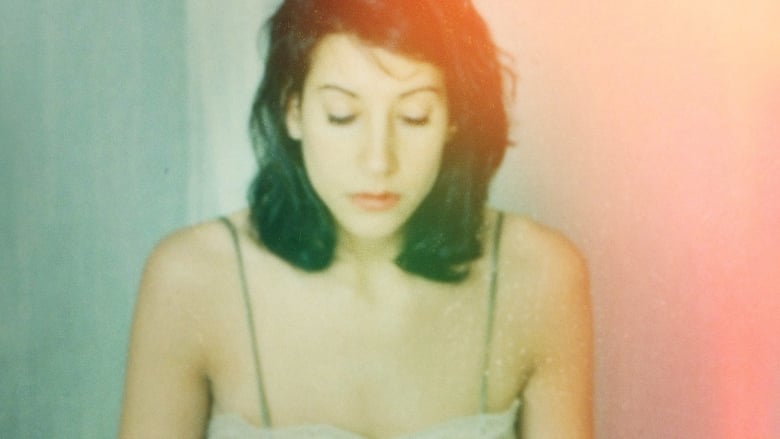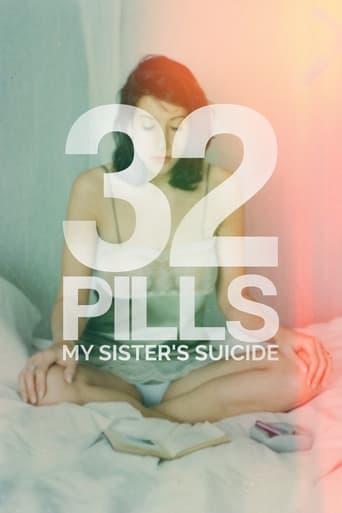
32 Pills: My Sister's Suicide
November. 29,2017Traces the life and mental illness of New York artist and photographer Ruth Litoff, and her sister's struggle to come to terms with her tragic suicide.
Similar titles
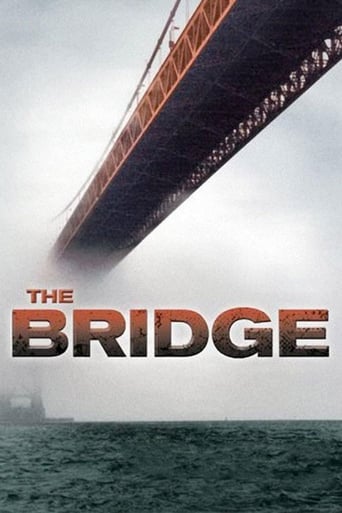
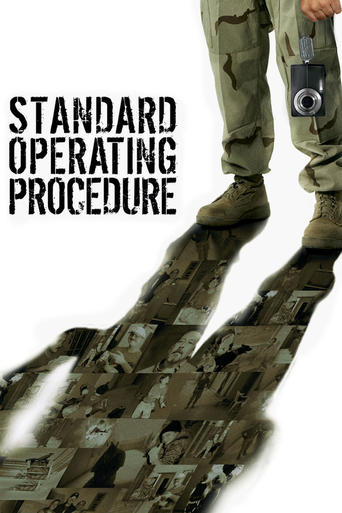
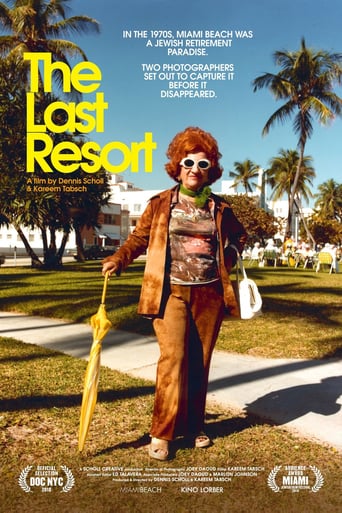
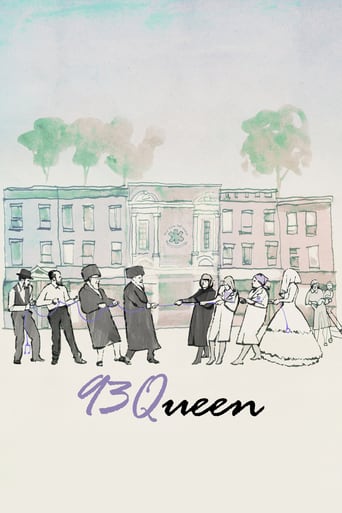
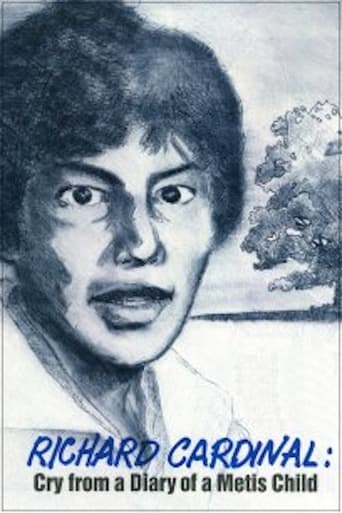
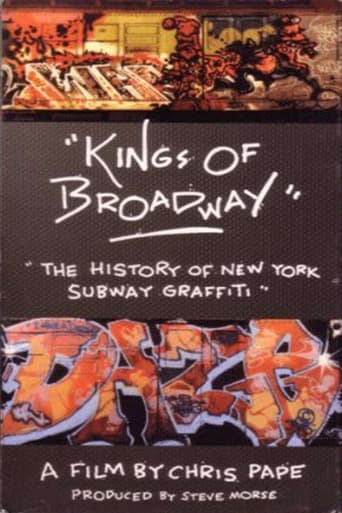
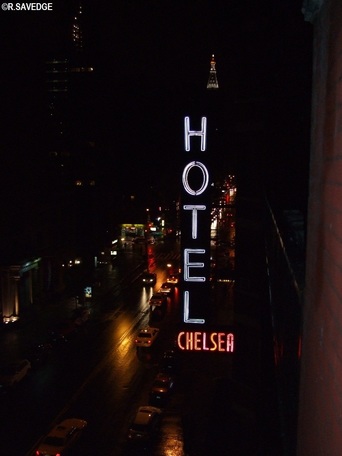
Reviews
You won't be disappointed!
Don't listen to the Hype. It's awful
This is a must-see and one of the best documentaries - and films - of this year.
The film never slows down or bores, plunging from one harrowing sequence to the next.
I was only inspired to write this review after reading another review that put the movie down for not putting an emphasis on what that review thought should be the "lessons" of the film. That reviewer suggested that we don't know how good we have it and need to focus on that, and the movie should have talked about that. I think that is a bizarre and oppressive opinion about what the film "should" have been. What was the film then? I don't see this movie talking about lessons, but rather being an exploration of a sister's struggle with the aftermath of her sibling's suicide. It documents a personal journey that only one person could document. It shows Hope's feelings, regrets and actions after the death of a sister with whom she had a complicated, though loving relationship. It was, as you would expect, moderately paced, relatively serious, lacking "action, but had occasional moments of optimism. When you live with mental illness, there are not always easy answers or firmly defined messages about how you need to feel about it. The movie is well made, without any serious flaws besides being what it is: a movie that will not appeal to everyone for obvious reasons. I enjoy hearing about people's personal experiences, and I thank the sister for making it.
I often don't read others' reviews before writing my own but in this case I did, perhaps because there are so few. I'm troubled by them and their harsh judgments of Hope Litoff and her film about her sister, Ruth. Of course Hope herself is a big part of the film. She and her sister were very close, beginning in childhood. She shows this and states this more than once, in different ways. Especially in youth, there was a blurring of boundaries between them. In a way, this film becomes the merging of the two sisters that they wished for in childhood.Hope is accused by reviewers of focusing too much on herself in the film. But I disagree: the film is about her trying to understand and accept her sister's death, as well as her sister's life, including her so-called mental illness. The film is about both of them. As such, I think she did a commendable job of presenting her family and exploring what happened and why. That she herself had or has addiction issues, well, okay, and maybe she did focus on them to add some drama to the film. So what!? I think it worked to flesh out an investigative presentation of both her and her sister and their overlapping lives. I feel that I've gotten a strong and accurate picture of two sisters and the pain experienced by the surviving one. The only thing I found a little hard to comprehend myself was why Hope had such difficulty understanding why her sister took her life. If anything, that was the piece that Hope overdid. Hope is obviously intelligent and astute and probably did intellectually understand the answer to that "why". The question was most likely used as a thematic thread to give the film its direction and goal, and a way to give definition to her emotional nonacceptance of her sister's suicide. The other thing I would have liked was more focus on Ruth's work. The focus was on her flower photographs that wound up as the Bellevue exhibit Hope completed on behalf of her sister. There was, however, a brief mention of Ruth's other photos which for me recalled the work of Diane Arbus. In fact, having read the autobiography of Diane Arbus, I believe there's more than one comparison between Ruth Litoff and Arbus, to be made.Anyway, I congratulate Hope on both making and completing this film, and on living as happy a life as possible, given her history.
The loss of a life--of any life--is so horrible. But Ruth's life and death were true tragedies. It was interesting to have this sort of voyeuristic view of Ruth's life. But, overall, I felt like the poetic complicatedness of her life and subsequent death were vastly overshadowed by her sister Hope.What struck me as incredibly unfortunate was the upbringing that Ruth and Hope both survived (though barely). No amount of money can save a young child from the burdens of their parents--and what a horrible situation both of these women were stuck in at such a young age. The filming was excellent; the original music by T. Griffin superb. But I wish that the main idea of the film hadn't been stepped on by Hope. She seemed to be the primary focus of every scene, and the combination of Ruth's complicated story as well as Hope's current struggles made a muddy display of this film. And for what it's worth: it's obvious that Hope struggles with addiction and emotional turmoil. I sincerely hope that for the sake of herself, her husband, and her children she can find the help she needs.
Full disclosure: my mother suicided and a sister attempted via OD (like Ruth), which landed her in a coma for a week. Personally, I've struggled with clinical depression for the majority of my 54 years - even as a child.I didn't care for this film whatsoever. It comes across as a vanity project for Hope. Her deceased sister Ruth is the faded vehicle off-center, seen m/l as a stereotype: brilliant, beautiful (in the eye of the beholder), but troubled and ultimately doomed. Think Van Gogh and Sylvia Plath, and you'll be heading in the right direction. Oddly, however, this doc is actually less about Ruth than it is about Hope. She's in virtually every scene and her doppelgänger likeness to Hope is confusing at first. Is that the dead Ruth in the photo or Hope? We see Hope going moving a lot of her sister's things from storage unit to an expansive NYC loft - seemingly rented only for the purpose of reorganizing and examining Ruth's belongings. This is where I felt the first pangs of befuddlement. I absolutely understand wanting answers when a loved one suicides. Countless people kill themselves every year and leave little or nothing behind to explain their act of ultimate self-destruction. Second only to murder, suicide is the ultimate taboo in the western world and we want to know WHY, which equates to the more primal "HOW COULD YOU do that to yourself, to your friends, to ME ME ME?" There's simply no mystery in Ruth's suicide. She left behind copious materials detailing her feelings and reasons right up to the end. Multiple letters/notes, stacks of journals, photographs - even sticky notes attached to other forms of self-expression! Ruth seems to have been the ultimate navel-gazer, and that disquieting quality existed alongside a voracious need to be loved. Enough was never enough for her, according to family, friends, and associates. She was a bottomless well of need. Since that well could never be filled (and she recognized this), she ultimately decided to throw herself down it.I saw similarities between Ruth and her sister. Hope is a recovering alcoholic of many years sobriety at the beginning of the film. As she becomes more involved in analyzing Hope, she 'falls off the wagon.' I wanted to feel compassion for her at this point, but my gut was telling me her return to booze was m/l an affectation to add drama. I mean, it's kind of hard to compete with suicide - right? For most alcoholics, a slip-up almost always leads to a full-blown dive into the sewer and a long, hard, climb back out. For Hope, it's almost dainty. She goes into a light-filled, gentile establishment and orders a double vodka on the rocks, two olives. She films herself drinking it, of course. Not much later, her husband follows her around his parents' home as she seeks out more vodka. They engage in a weirdly cerebral, removed conversation about Hope's mission. Then she has to get a glass for the vodka because her parents-in-law wouldn't appreciate her "lips on their bottle, would they?" Hope is in control, although she'd have your believe she's so distraught about the Ruth project that she's not. In a very odd way, I think Hope is envious of Ruth's ability to garner attention . . . all the while making a film - ostensibly - about her. And that's the rub of why I didn't care for this film: it's not really about Ruth anyway, it's about HOPE. Ruth is just a great excuse for HOPE to do some navel-gazing of her own.The fact is the sisters were/are products of urban privilege and narcissists in their own ways. Hope is just more functional out here in the world, that's all. I think Ruth might have, and Hope could still benefit from looking outside - and this isn't an inference to religion (ifelong atheist here) for some perspective on life AND death. Neither sister is/was the center of the universe. It's a good thing to know that, imo.My mother blew her brains out with a .357 Magnum in 1979. I wasn't quite 16, living in another state with my aunt & uncle. Mom was severely bi-polar (or whatever term is in use nowadays.) She refused to take Lithium or attend therapy. HER family - including my uncle, her brother - was small, cold, and upper-middle-class WASP-y. Outside of spotty monetary help, there was no warmth, acceptance, or support. They just wanted her to knock it off, pull herself up by her bootstraps, or whatever. Go ahead and pick your analogy. Of course, that approach never works. On the other hand, all the love, attention, and support in the world may not help, either - as Ruth's life and death demonstrates.If you want to get an idea of the span and impact of suicide, I recommend www.suicidememorialwall.com. There you will find the faces of everyday people who killed themselves. Kids, the elderly, male, female, every color, age, & creed. For many of them, there are memorial pages linked - usually put up by family members. These suicides are your neighbors, classmates, the guy who works down the road. They're not famous/infamous and nobody makes films about them. They were part of a world in which most of us exist. Take a look, do some reading, think about them. My mother is there, but I won't tell you how to find her on the site. Just know that she existed for a while - that's enough.
Top Streaming Movies











